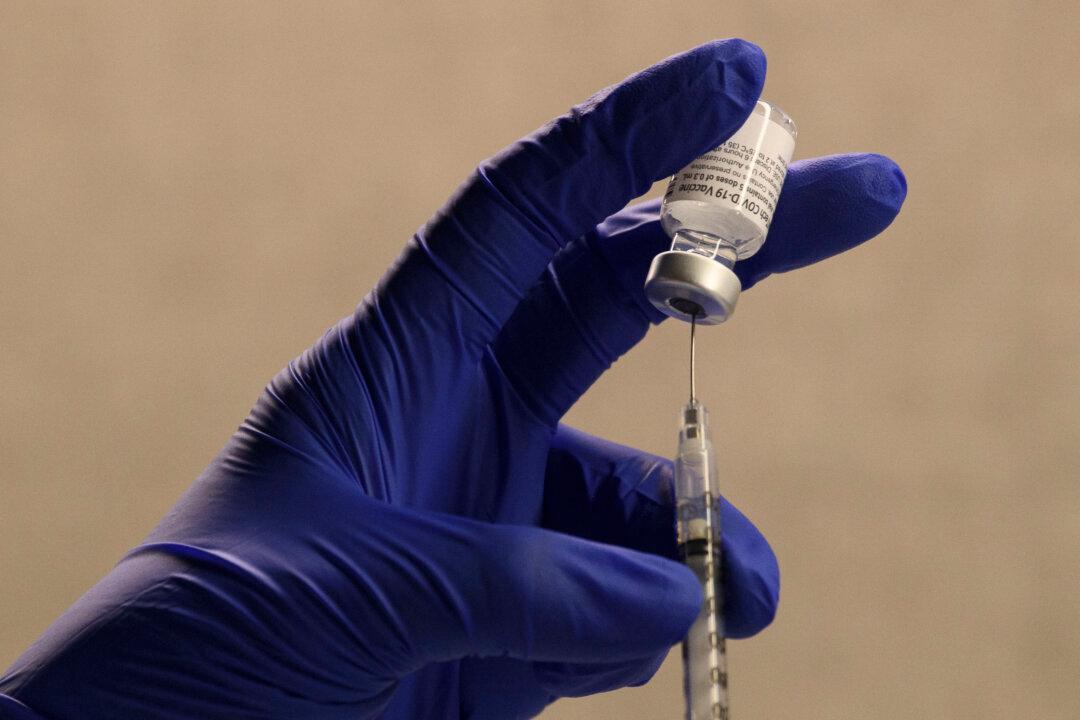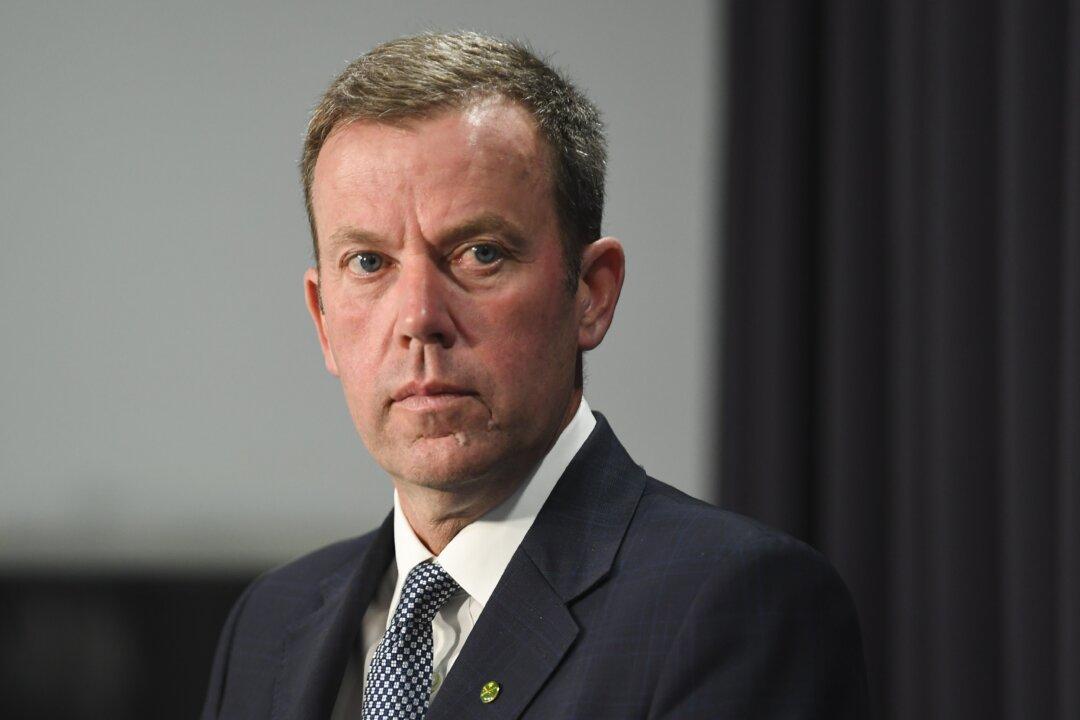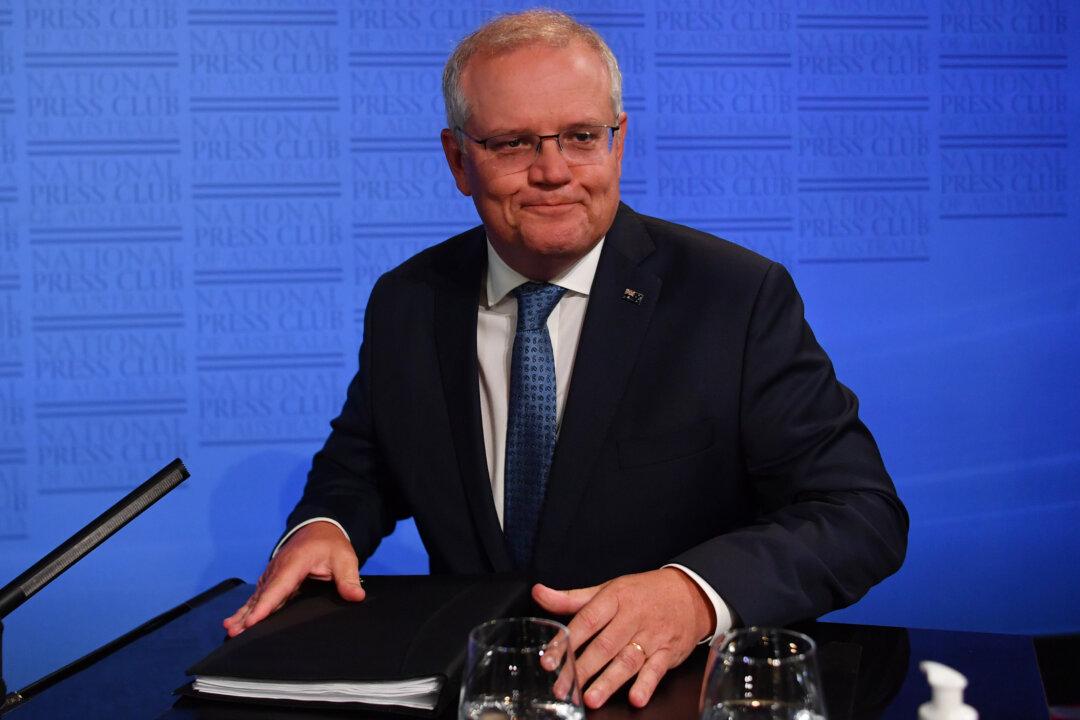The University of Melbourne will get over $1.5 million to accelerate trials of two next-generation “targeted and tunable” COVID-19 vaccine. It comes as SARS-COV-2 mutations spread worldwide posing questions about the effectiveness of existing vaccines.
Announcing the funding on Dec. 3, Minister for Health Greg Hunt said: “These vaccines offer a number of potential advantages to ‘first-generation’ COVID-19 vaccines, and do not require storage in the extremely low temperatures needed for the Pfizer vaccine.”





